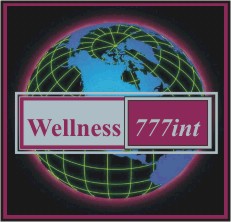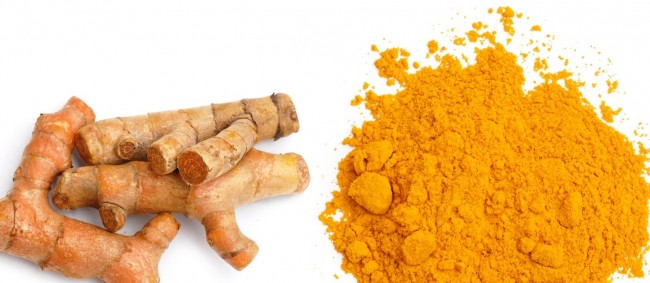
Wellness777int.com
Mannatech Independent Associates
Real Food Technology - Cutting Edge Science
|
 Peter Dyck
Peter Dyck |
Contact Us

Turmeric
 By the Mannatech R & D Team
By the Mannatech R & D Team
Have you noticed that turmeric has been getting a lot of press lately?
This bright orange-yellow polyphenol — rich powder obtained from the root of Curcuma longa — which has been used as a medicine, food and seasoning for thousands of years — has finally garnered the attention of 21st-century nutrition researchers. And, as the findings of their studies — largely on the key active component of turmeric, the polyphenolic pigment curcumin — are published, the media has been sitting up and taking notice.
Why? Their findings, which provide scientific validity for the practices of ancient health practitioners, suggest that curcumin's antioxidant and anti-inflammatory properties can support overall health and may provide positive benefits to individuals with health conditions associated with inflammation.
So, curcumin is good for us. But, will that curry dish we occasionally order at our favorite Indian restaurant provide the curcuminoids we need? Probably not!
A recent study showed that the curcumin content of curry powders and turmeric powders can be quite low. Even if you assume you're using the freshest possible turmeric powder in your favorite dish, you're probably consuming less than 50 milligrams (mg) curcumin (1). To positively impact health, larger amounts are necessary. Supplements may be a better way to go, but a turmeric-only supplement may not be best. Animal studies indicate that curcumin is poorly absorbed, which is why curcumonoid supplements are often formulated with bromelain to enhance its absorption (2).
So, which curcumin-rich dietary supplement should you choose?
Ahem! The color of BounceBack capsules — bright yellow-orange — is trying to tell you something! BounceBack capsules provide over 421 mg of high-quality turmeric (standardized to 400 mg curcuminoids/serving). You'd have to eat more than eight bowls of your favorite Indian curry to get that much curcumin!
And, to further support joint and cartilage health, BounceBack capsules provide a clinically validated amount of avocado/soy unsaponifiables (90 mg). For soft-tissue health and improved curcumin absorption, it contains 258 mg of proteolytic enzymes (including bromelain).*
Curcumin research is ongoing. Currently, the U.S. National Institutes of Health (NIH) has registered 71 clinical trials to study the impact of dietary curcumin on health parameters in healthy subjects and those with a wide variety of clinical disorders. But, there's no reason to wait for more research. BounceBack capsules are available to consumers today!
*These statements have not been evaluated by the Food and Drug Administration. This product is not intended to diagnose, treat, cure or prevent any disease.
Reference List
1. Tayyem RF, Heath DD, Al-Delaimy WK, Rock CL. Curcumin content of turmeric and curry powders. Nutr Cancer 2006;55:126-31.
2. PDR Health Database. www.pdrhealth.com . 2007.
Ref Type: Electronic Citation
|



